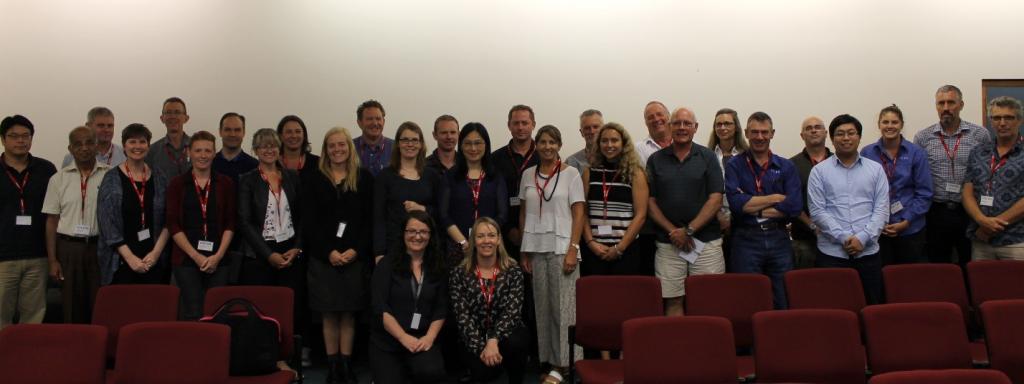The consumer drive to get rid of plastic, and consequent pressure on government and food manufacturers, was huge in 2019. It overshadowed by far the development of sustainable alternatives. Kate Parker, Portfolio Leader for Scion’s Bioproducts and Packaging activities, says, “The entire packaging world is scrambling to meet the global commitments of ‘all packaging being 100% recyclable, reusable or compostable by 2025’. There are also pressures to increase recycled content in our packaging materials. However, this raises issues with food contact compliance of these materials.”
Scientists at Scion, which is based in Rotorua amid our enormous commercial forests, are not just researching alternative forms of sustainable packaging using NZ’s wealth of renewable biomass, but they are supporting our food exporters behind the scenes to interpret and comply with all the different and complex regulations countries impose. This is a fast-moving area, especially post pandemic, and can be very challenging for companies. Chemist Eva Gaugler, working in Kate’s Portfolio, has a specific brief to research and advise on technical details around food contact safety and compliance.
Through the NZ China Food Protection Network (NZCFPN), enduring relationships have been established with scientists in China who are helping Eva understand what is acceptable to our biggest export market. There have been visits both ways, which have further strengthened these invaluable partnerships. A key contact is Dr Marco Zhong, director of the National Reference Laboratory for Food Contact Materials (Guandong). Fortunately, he is fluent in English, which is enormously helpful when precise meanings can so easily be lost in translation. Marco spoke at the 2018 Appita Fibre Value Chain conference on “the testing approach for checking compliance – Case study”. (Appita is the Australasian Pulp and Paper Technical Association.)
Another important contact is Professor Chang-Ying Hu, Jinan University, who visited New Zealand in 2018 and met with industry partners to answer their specific questions on Chinese food contact regulations.
In turn, Eva was funded by NZCFPN to visit Jinan University as well as the National Reference Laboratory in China. She says, “You learn so much more easily from a person,” surely a profound truth about education generally.
There are myriad concerns about the use of recycled materials in food packaging – the migration and transfer into the food of potentially hazardous chemicals including (often unknown) impurities, reaction and break-down products, such as mineral oil hydrocarbons, phthalates, limonene etc. As Professor Dame Juliet Gerrard, the Prime Minister’s Chief Science Advisor said with reference to her report to the PM on plastics, we need science on the case now.

